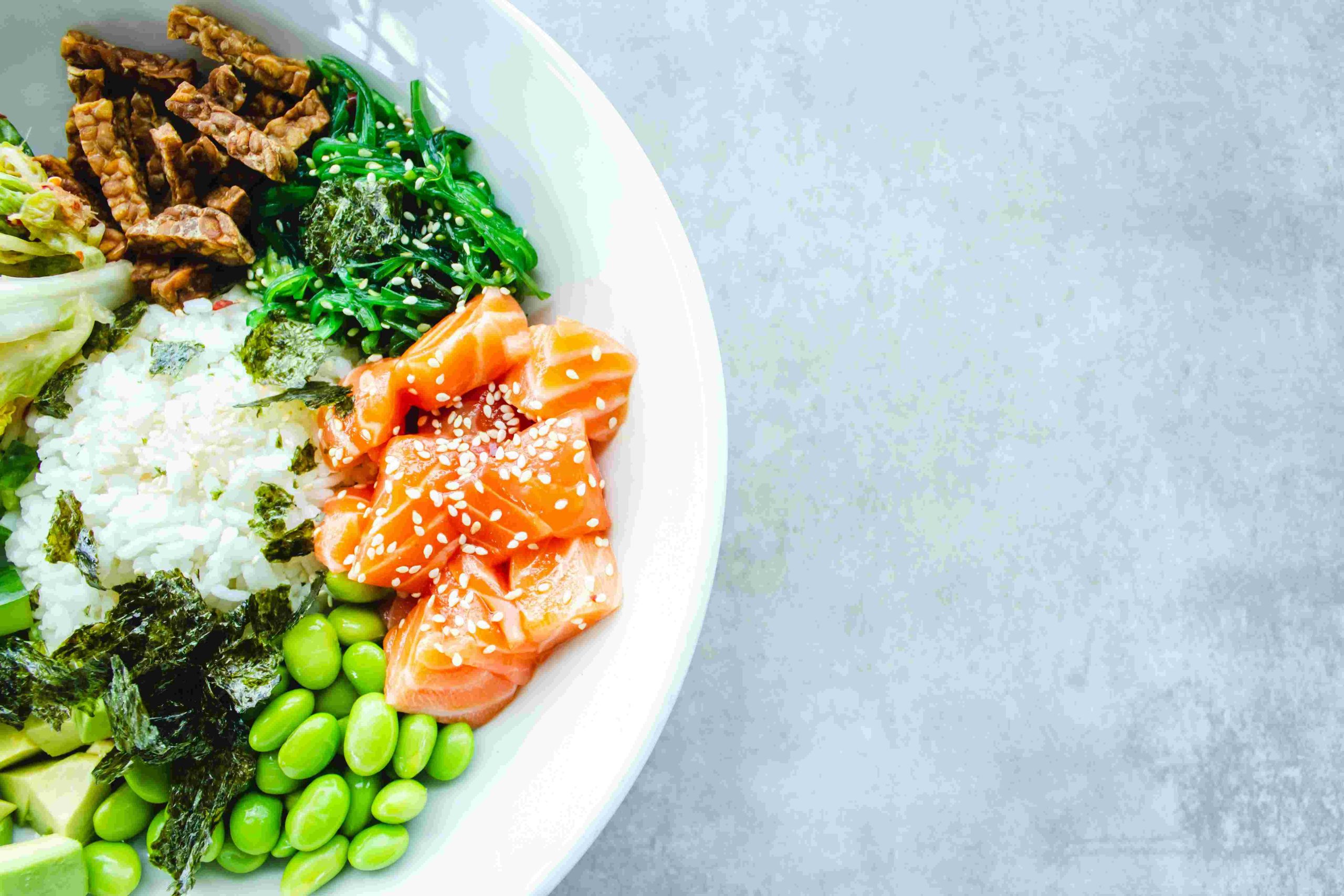Nutrition Tips for a Balanced Diet: Rethinking Our Approach to Healthy Eating
In a world inundated with dietary advice, fad diets, and nutritional misinformation, solid, actionable knowledge on maintaining a balanced diet can often feel like a treasure hunt. But isn’t it curious? With each revolutionary diet claiming to hold the keys to wellness, many of us find ourselves trapped in a cycle of confusion. The truth is, good nutrition is not about adhering to stringent rules; it’s about understanding the art and science of food.
From Personal Experience to a Bigger Picture
Reflecting on my own journey toward nutritional balance, I recall the days of calorie counting and guilt-ridden indulgences. What was lacking was not information, but a holistic understanding of health as a multifaceted journey. The dietary principles I once held sacred began to blend with the psychological need for food—a comfort, a culture, an experience. Understanding this connection encouraged me to view food through a wider lens, recognizing it as both nourishment and joy.
Challenging Conventional Wisdom
Much of the dietary dogma we’ve accepted over the years is built on shaky foundations. The common narrative suggests that low-fat is the way to health; however, emerging research contradicts this notion and reveals that healthy fats are essential for numerous bodily functions. It’s time we question these norms. Traditional wisdom often oversimplifies a profoundly intricate issue. The reality is that a balanced diet is not one-size-fits-all; it’s about personal experimentation. Your needs may differ significantly from that of your neighbor. What if we shifted our focus from restriction to nourishment and joy in eating?
Interdisciplinary Insights into Nutrition
This is where the beauty of interdisciplinary thinking shines. Nutrition cannot be viewed in isolation. Insights from psychology suggest that our relationship with food is deeply emotional and social. Philosophy invites us to ponder the ethics of our food sources—defining what sustainable and humane consumption means. Technology can play a role, too, as innovative apps help us track and understand our eating habits, transforming data into actionable insights. The amalgamation of these fields presents a richer, more nuanced picture of what it means to eat well.
Forecasting Future Trends in Nutrition
As we look towards the future, a few trends are emerging that warrant our attention. Personalization in nutrition is gaining traction, with the rise of genetic testing to identify individual dietary needs. Additionally, plant-based diets are becoming more mainstream, not only for health benefits but also for the planet. With climate change at the forefront of global conversations, the transition toward more sustainable eating practices is not just a trend; it’s an urgency that beckons our immediate attention.
Practical Steps Toward a Balanced Diet
So how can you take concrete steps toward a balanced diet? Here are some actionable strategies:
-
Diversify Your Plate:
Ensure that your meals are rich in colors and textures. A vibrant plate is not only visually appealing but often a representation of diverse nutrients. -
Practice Mindful Eating:
Slow down and experience each bite. Notice the flavors, consider the textures, and most importantly, listen to your body’s hunger cues. -
Prepare Your Meals:
Cooking at home gives you control over ingredients and preparation methods. Start simple; the least processed, the better. -
Stay Hydrated:
Often overlooked, hydration plays a critical role in digestion and overall health. Make water your beverage of choice whenever possible. -
Incorporate Snacks Wisely:
Choose snacks that provide sustenance, such as nuts, fruits, or yogurt, rather than processed options high in sugars and unhealthy fats.
The Power of Metaphor in Nutrition
Think of nutrition as a symphony. Each food group is an instrument; when played individually, they create pleasant sounds, but together, they create harmony. A balanced diet is about achieving this harmony, where proteins, carbohydrates, and fats coexist in a melodious rhythm that supports your health.
The Imperative of Lifelong Learning
No one arrives at the pinnacle of knowledge; instead, learning is continuous. Nutrition science evolves, so staying informed is crucial. Engage with reputable resources, participate in discussions, and don’t hesitate to ask questions. Remember, it’s okay to adapt your views as you acquire new information.
Encouraging Action
As you navigate your nutritional journey, remember this: transition into a balanced diet is a personal expedition. It’s about discovering what resonates with your body, mind, and spirit. I challenge you to take the first step today—whether it’s trying a new vegetable, discovering a new recipe, or simply expressing gratitude for the food you consume. Let your journey be one of exploration and joy.
Critical Thinking: Question the Norms
In an age of information overload, it’s more important than ever to challenge mainstream opinions. Don’t just accept what health brochures, social media influencers, or even traditional medical advice present as gospel. Think critically, investigate, and trust in your capability to discern what aligns with your unique needs.
Completing the Circle
The conversation about nutrition is vast and often overwhelming. Still, it circles back to an understanding that food is not merely sustenance; it’s a crucial element of our existence. Just as I encourage you to immerse yourself in this knowledge, I, too, have learned that the journey is not defined by perfection, but by awareness, empowerment, and the commitment to nurturing ourselves appropriately.










